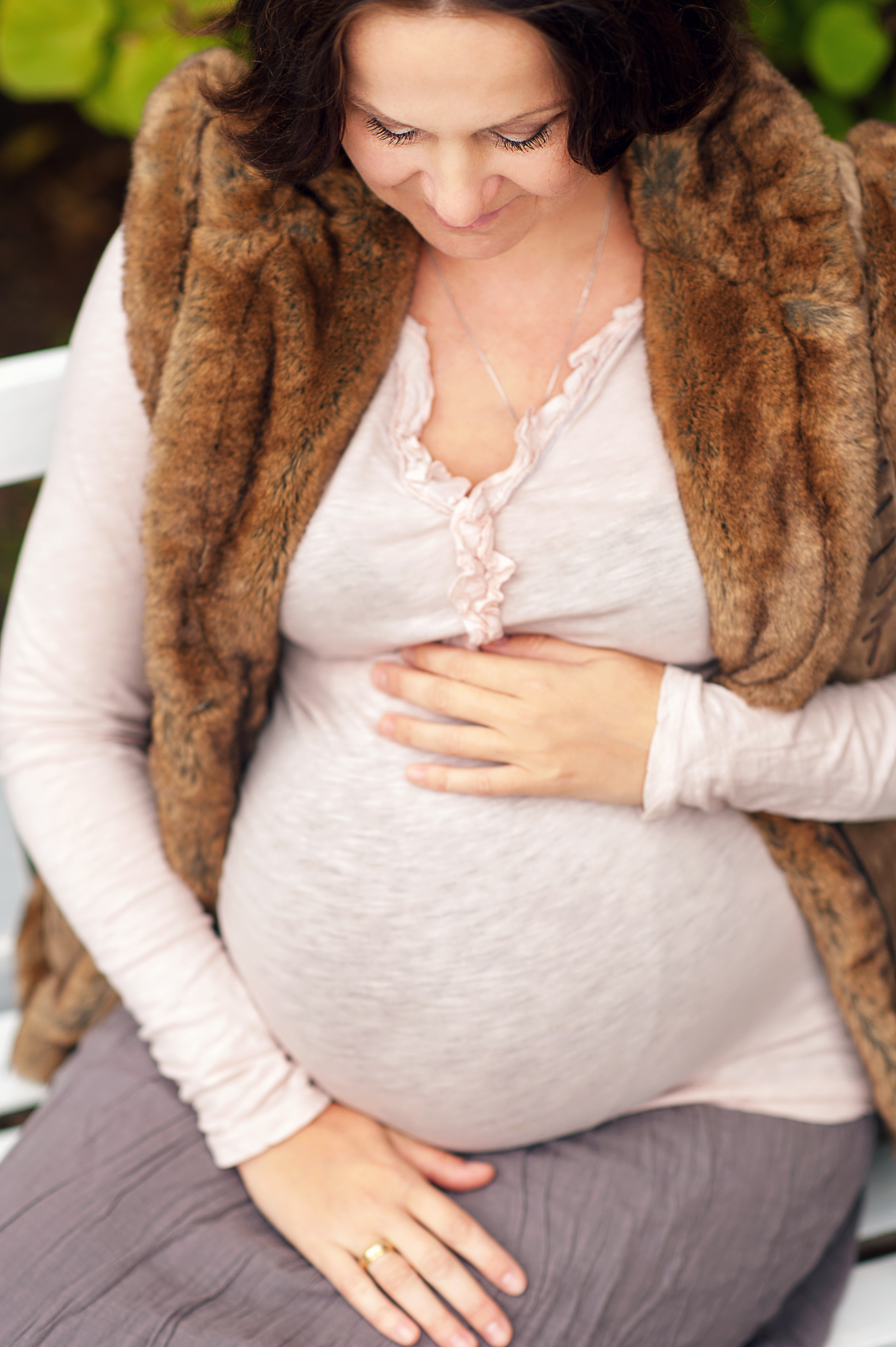Successful Surrogacy Treatments with Older Mothers

If you’ve landed on this page and are reading this article, you or ones close to you must have decided to explore the possibility of having a child via surrogacy. Of course, finding a suitable surrogate mother to carry your child is a daunting task, and it can be difficult initially for the intended parents to hand control of the entire pregnancy over to a person they have likely never met before. However, proper research and regular meetings with the surrogate mother helps the intended parents calm their fears and proceed with the gestational surrogacy.
Gestational surrogacy provides many benefits for childless couples. It is a proven technique, and can even be carried out on couples where the woman’s uterus has been removed due to medical reasons, or where the uterus does not function properly. Removal of the uterus is often seen in cancer patients, women suffering from uncontrolled bleeding, or due to the presence of fibroids. Indicators of a non-functional uterus include recurrent pregnancy loss, multiple failed IVF cycles, or scarring of the uterine cavity. Additionally, some women are born without a uterus but have functional ovaries. In more complicated cases it is possible that some women are born without both the uterus and ovaries. Finally, certain medical conditions might put them at risk of an intrauterine pregnancy and consequential risks of achieving a successful pregnancy.
Under all the above circumstances, many couples look to hire a surrogate to carry their child for them. Every couple wants to have the best possible surrogate carry their child, and so they go through extensive research and background verification to sort the list of surrogates provided to them by the surrogacy agency to ensure their surrogate is healthy and of an ideal age for the health of the child – usually in her early thirties. However, this ideal age is flexible and varies depending on the type of surrogacy process used. For traditional surrogacy, the age range is usually limited to the ages of 21 to 36, but there are many instances where the surrogate mother has been beyond this age and has had excellent results. For gestational surrogacy, the usual age limit is between 21 and 42 years, but this again should not be taken as a rigid rule as there are few bodily changes in women from the early 30s and late 30s that might affect their suitability as a candidate for surrogacy.
Many couples are unaware of the fact that women can serve as surrogates up to the age of forty or even after that, as their potential for sheltering an embryo and developing it into a healthy pregnancy is not affected until later in life. Proper health checkups and other medical procedures help the surrogate maintain the BMI necessary to act as a surrogate, and women over the age of 35 are also more likely to have more experience with going through a pregnancy, as well as be more serious and responsible about the job.
All surrogacy candidates are required to have had children of their own previously. This ensures that she has the experience needed to act in the best interests of the child and that she understands the situation that the intended parents are in, rather than pursuing surrogacy purely for monetary reasons. Women who have undergone tubectomy procedures (i.e. having their tubes tied) or any other similar sterilization procedures are not considered suitable to serve as traditional surrogates, but can perform the function of a gestational surrogate perfectly well. These requirements mean that it can often be the best choice to go with an older candidate, as they are more likely to have had their own children in the past. Additionally, while for the most part age does not have a significant effect on the suitability of a surrogacy candidate, there are medical supervisors and surrogacy experts available to monitor the pregnancy for any possible complications.
Some intended parents come to us with worries of various age-related illnesses such as high blood pressure or diabetes that might be present in an older surrogate, which might affect their surrogacy program or the health of their child. We assure them that with our long history of surrogates across a broad spectrum of ages we have the experience and technology needed to make sure this is never a problem. Women registered with us as surrogates are regularly sent for medical checkups and verification of surrogacy eligibility regardless of age, and none that we work with have any ongoing chronic illnesses brought on due to age. All are medically fit and ready to take up the responsibility of carrying someone else’s child.
So, if you are considering surrogacy treatments to help grow your family, you should not place undue emphasis on the surrogate’s age but instead focus on her health. Women selected for surrogacy are already mentally spirited and responsible in taking care of their own health, and act as surrogates not only to gain monetary benefits out of the deal but serve as the medium of someone else’s happiness.